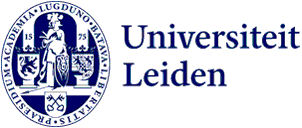Lecture | Lunch Research Seminar
Rethinking Economic Security and Resilience in Asia: Lessons from Australia, Japan, South Korea and Taiwan
- Date
- Tuesday 22 October 2024
- Time
- Address
-
Lipsius
Cleveringaplaats 1
2311 BD Leiden - Room
- 2.37
Registration
All are welcome, however please register in advance at l-peg@hum.leidenuniv.nl to receive a copy of the paper and lunch.
Abstract
Abstract: In recent years, the United States and China have moved away from seeing economic interdependence with each other as a pillar of stability and instead as a source of risk. The result has been that government and business leaders in both countries increasingly see trade, investment, and financial linkages with each other through the lens of economic security. As each side reassesses its exposure to risky economic dependencies, as well as potential sources of leverage that can be “weaponized”, the US and China find themselves in the midst of an economic security dilemma. In the wake of US-China tensions as well as global disruptions tied to the Covid pandemic and the Russian invasion of Ukraine, many other countries and regions have been caught up in this evolving atmosphere of distrust in economic interdependence. In particular, many governments and businesses in Asia and Europe have likewise begun to adopt their own economic security strategies and to coordinate policies for enhanced “economic resilience”. Yet despite public displays of support for ever closer economic security coordination among some in Asia and Europe, including for cooperative “de-risking” from China, there are important differences in how many governments, businesses and societies understand and are responding to economic security and resilience. Focusing on Australia, Japan, S. Korea and Taiwan, this paper explores some of these differences and the implications for navigating a middle path amidst US-China economic security competition, including the possibility of constructing a new economic security architecture.
